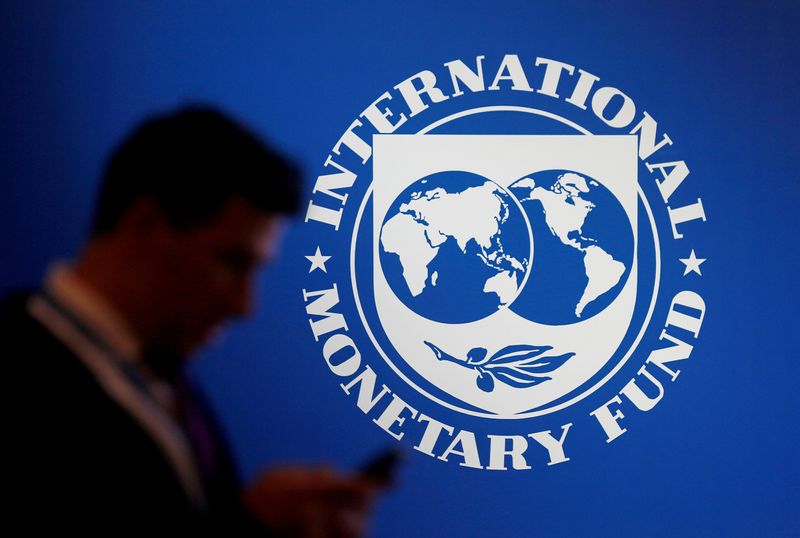By David Lawder and Rodrigo Campos
WASHINGTON (Reuters) - Suriname on Thursday cleared a hurdle on its way to restructure more than $600 million debt with private creditors as it secured an initial agreement to revive its program with the International Monetary Fund.
The IMF said it reached a staff-level agreement with Suriname on the second review of the South American country's loan program, which will make a $53 million disbursement available upon the fund's executive board approval.
The announcement revives a near $700 million IMF program that had been dormant for over a year due to missed fiscal targets.
"This came a bit sooner than we were expecting, but very good news," said an investor involved in the restructuring.
Completion of the second review was viewed as a critical element of the country's agreement in principle to restructure more than $600 million in debt with private creditors, as are future oil revenues.
"Completing the ongoing debt restructuring negotiations with Suriname’s official and private creditors is a critical step in restoring the country’s debt sustainability," IMF Suriname mission chief Anastasia Guscina said in a statement after the May 8-16 review.
The IMF said last month it was working closely with Suriname to bring the financing program back, while looking for progress in bilateral debt talks between the government and China.
Guscina said on Thursday Suriname's authorities "are actively negotiating in good faith with China and India" on a deal on the restructuring agreement.

The IMF said that Suriname's 2023 budget was conservative, incorporating the removal of fuel subsidies, phasing out electricity subsidies and containing public wages while expanding social assistance and "growth-enhancing" infrastructure investment.
The program targets achieving a 2023 primary budget surplus of 1.7% of GDP, about half of what was envisaged in the first review, which would allow for such investments, the Fund added. This will increase to 3.5% of GDP in 2024, a level it said was consistent with medium-term debt sustainability.